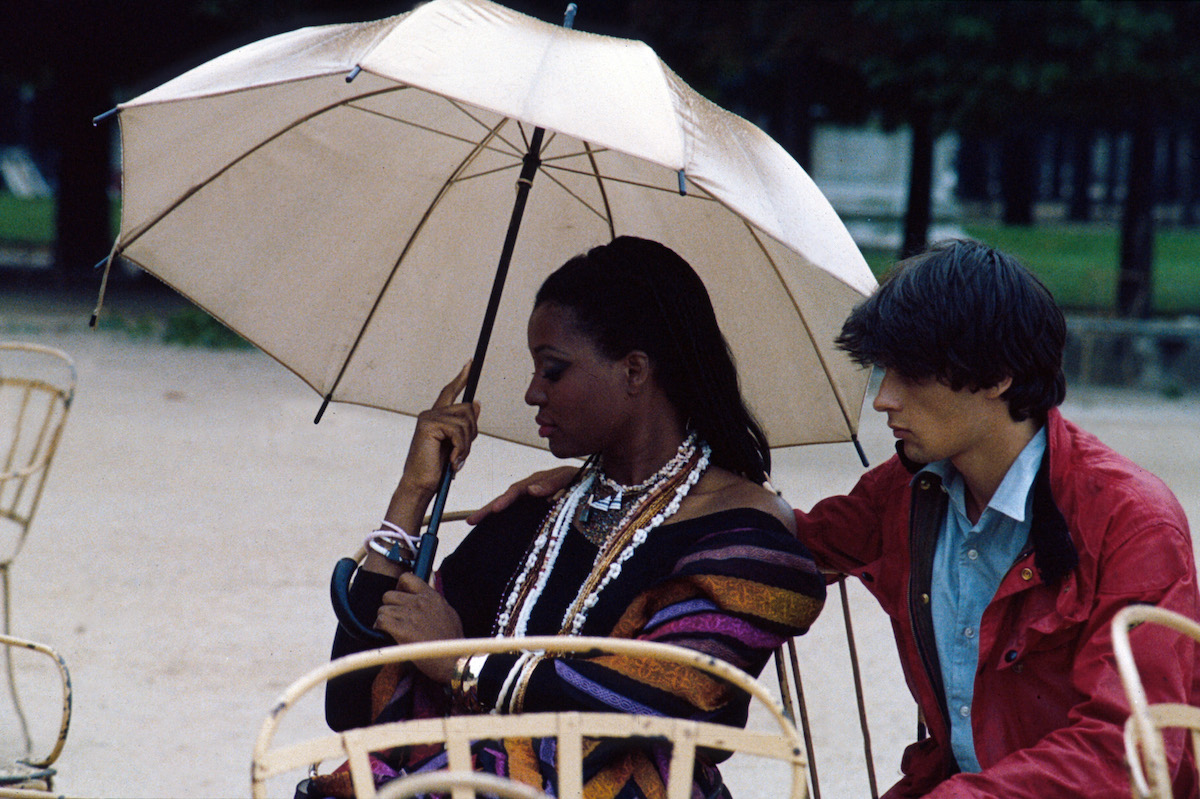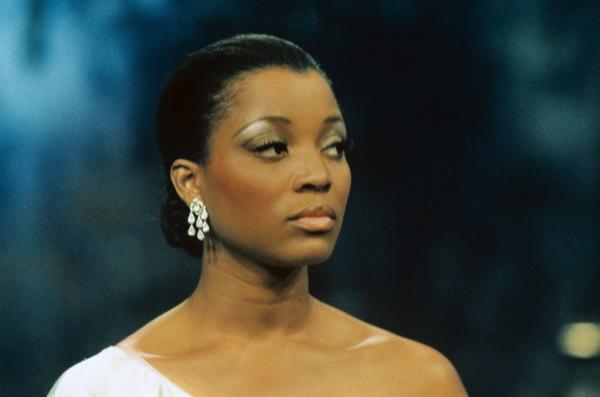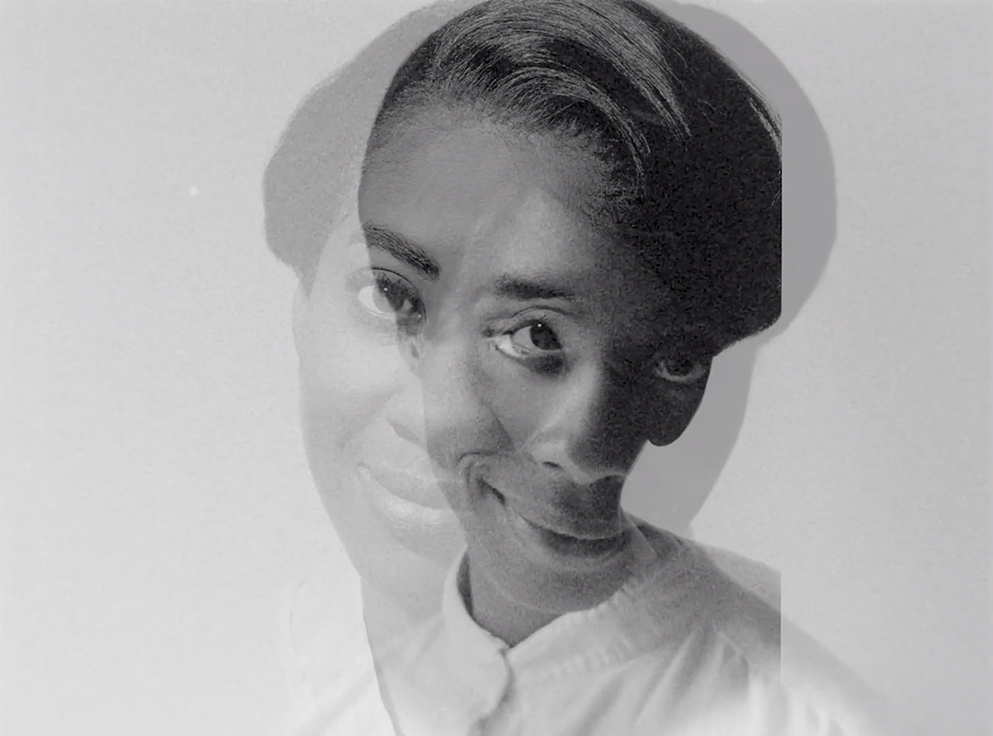In celebration of the exhibition Simone Leigh, Madeleine Hunt-Ehrlich, filmmaker and a collaborator of Leigh’s, will present Evading Capture: Black Women in Cinema, a film series that begins with an online presentation of short films. On Monday, January 6, an in-person screening of Jean-Jacques Beineix’s Diva (1982) at the Academy Museum of Motion Pictures will be accompanied by a performance by classical singer Abiodun Koya and conversation between Hunt-Ehrlich and scholar, curator, and critic Tiffany Barber. RSVP here. Here, Hunt-Ehrlich introduces the thinking behind the series.

One of the first things actors and directors learn about constructing a performance together is to build it through a character’s wants or objectives. In this method, conflict is built through a character’s opposing needs. In the dramatic performance, the answer to desire is action. Often, a set of character’s actions clash, which generates still more choices to be made. Action is the substance of the performance, and desire structures the dramatic. With finality, when there is no desire left to answer, no conflict remaining, the story ends.
It’s telling that Western philosophy argues for the construction of self in much the same way. Foundations of European philosophy describe the self as a set of shifting perceptions, which become the visible self we are assumed to be.
In seeking a throughline of Black women’s arguments in philosophy on the self, I have looked to artist Adrian Piper’s scholarly writing. In her writing on the self, Piper notes a subset of desires, urgent and present, but which never surface. How do these inconclusive desires construct, if at all, our realities?
Refusal has long been a central aesthetic strategy for Black women in navigating visibility in art and narrative. It is a central preoccupation in my own work as a filmmaker and artist.
The films presented in this series, each in their own way, argue the utility of absence in aesthetics. There’s a nuance to refusal and its resulting absences that I want to get at—that which is not actualized is also infinite in its possibilities. In this series, absence is a signifier of the infinite self, unspoken but also unrestrained by the systems we are surviving.
The actors arrive on stage. No action is performed. The fact of the actors’ bodies implies the dramatic without ever achieving it. The dramatic course in this case is really a set of possibilities with no beginning and no end. A desire refused is never answered, and so it never dies. It can’t be seen, but we know it’s there, and it’s a part of us.
What happens after the denial of visibility? Everything.




